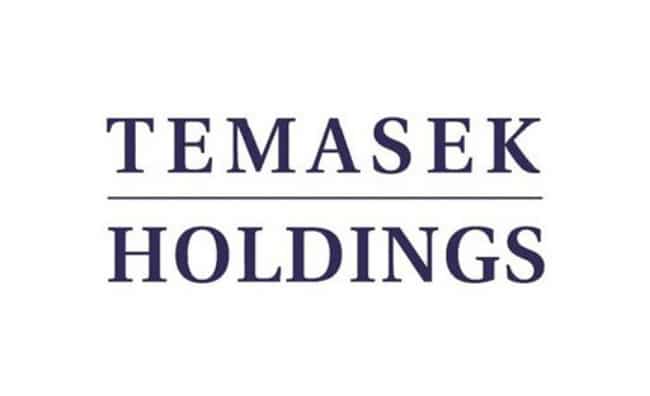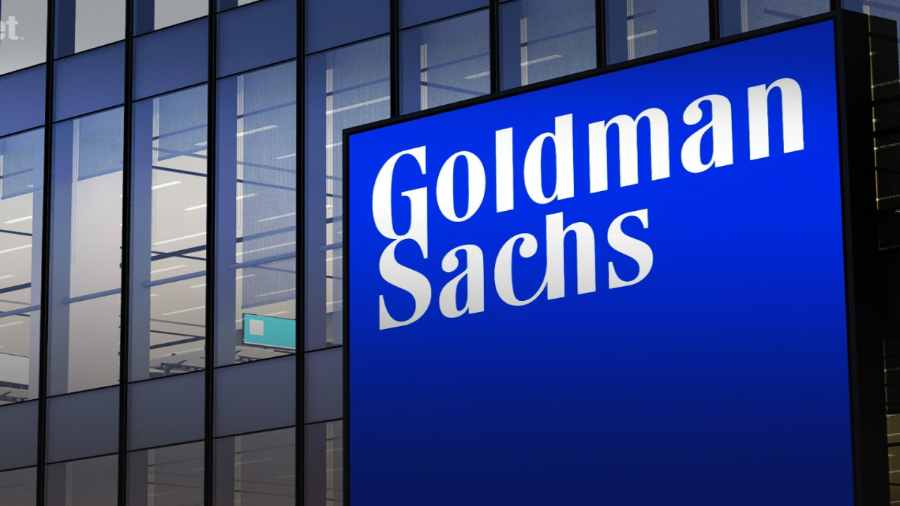Temasek, the Singapore state investor, has reported its lowest returns since 2016

In 2023, Temasek, a Singapore-based company, experienced a 5.07% decrease in its total shareholder return over the course of one year, measured in Singapore dollars. The net portfolio value for the company amounted to S$382 billion in 2023, showing a decline from the previous year’s figure of S$403 billion in 2022

Temasek, Singapore’s state investment company, faced its toughest year in seven years as it grappled with challenging macroeconomic and geopolitical conditions. In the financial year ending on March 31, Temasek recorded a 5.07% decline in its one-year total shareholder return in Singapore dollars. This marked its worst annual performance since 2016 and only the fifth time it experienced a negative return in the past two decades.
Rohit Sipahimalani, Temasek’s Chief Investment Officer, acknowledged that the company’s equity-heavy portfolio made it susceptible to market fluctuations. He commented on the situation, stating, “We have a predominantly equities portfolio, so we can’t be immune to movements in the market.”
Temasek’s net portfolio value decreased to 382 billion Singapore dollars ($287 billion) compared to S$403 billion the previous year. Additionally, the company recorded a net group loss of $6 billion, the first in at least ten years.
However, when compared to global stock market returns, Temasek’s decline in annual shareholder return for the 2022/23 period appears relatively favorable. The S&P 500 and MSCI Asia ex-Japan indices both plummeted nearly 20% in 2022, influenced by persistent inflation despite central bank rate hikes. Escalating geopolitical tensions, such as those between the United States and China, as well as the Russia-Ukraine conflict, further compounded the complexities faced by global markets.
Looking ahead, Sipahimalani emphasized that Temasek’s performance would depend on market conditions. He expressed optimism, stating, “We would hope to be more resilient than the market. If you have a recovery in the market, you know, we will do well. And if not, then hopefully we still are building a portfolio that’s not from a one-year perspective, but from a five- to 10-year perspective.”
The Singapore state investor maintains investments in both public and private markets. As of March 31, unlisted assets accounted for 53% of its portfolio, which have generated superior returns compared to listed assets. If the unlisted portfolio is marked to market, it would result in a value increase of S$18 billion, as reported by the investor.
Over a three-year period, the total shareholder return of the investor stood at 8%. Looking at a longer time frame, the 10-year return was 6% and the 20-year return was 9%.




